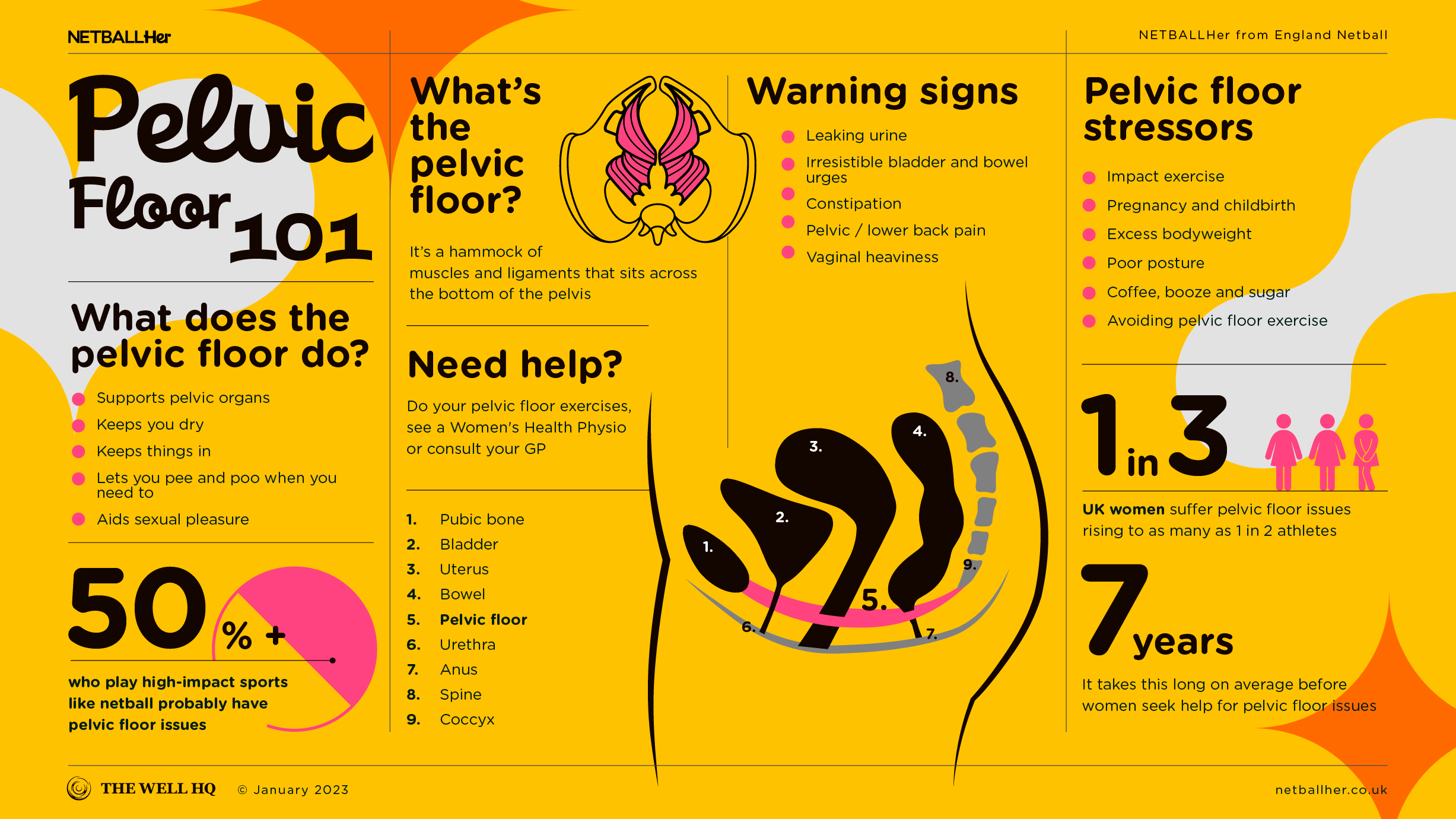Best-practise, pills, pessaries and people to see – an expert’s take on pelvic health
Chelsea Surgical Partners’ Maya Al-Memar shares her pelvic floor expertise and answers commonly asked questions such as when to seek help, who to approach, what’s available on the NHS and when and why to try additional products and supplements.
Below are some quick time-codes and key themes covered:
1:30 – Seven years? It should be seven minutes.
When should a woman seek help with her pelvic floor?
Maya defines when a woman should seek help and the key bar is if a symptom is impacting your quality of life. If you’re worried about the loo or wearing darks just in case then you need to have a chat with somebody.
These issues can occur even in young women and can affect (for life) their sense of confidence, freedom and desire to exercise.
3:30 – There’s loads of pills, potions and people
Who exactly should you go and see about pelvic health?
Maya talks through common pelvic floor symptoms, when they strike and why it’s important not to dismiss or downplay them. The GP is often the first port-of-call when initially reporting such problems so here’s questions you may be asked and how to prepare.
Maya talks through sorting the basics – food, drink, sleep and exercise – and recommends writing things down ahead of a medical consultation. She also lists some of the experts, facilities and services available on the NHS.
14:15 – Don’t stick anything up your vagina unless you need to
What products are out there and should you use them?
Maya and Baz talk through when to use products and, just as key, when not to use them. In all cases it pays to take expert guidance and use products to their advantage.
Maya mentions the two main types of pessaries:
- Medical: assessed and fitted by gynaecologist to manage prolapse – vaginal wall or womb.
- Pop in and pop out devices to support the bladder neck at specific moments, such as during training.
Supplements
Maya says it’s very much a choice and what’s best for the individual. Supplements can help some women, and a gynaecologist can make such recommendations.
A gynaecologist might run a bladder investigation to identify problems and flag up holistic or over-the-counter tablets that could help. Maya says there’s some evidence to point at their benefits, but that the jury’s still out.
You can meet Maya and read more about her and her work over at Chelsea Surgical Partners.
As a reminder, the content of the course belongs to The Well HQ. You have permission to access and use the content yourself or, if you are an organisation, for the number of users selected, but are not otherwise permitted to share such content with others, all in accordance with our Course Terms and Conditions.

